Hostages face unsure future as deadline passes
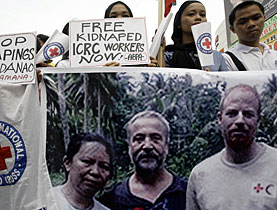
The fate of three aid workers held hostage in the Philippines hangs in the balance as a deadline for meeting the kidnappers' demands passed on Tuesday.
Abu Sayyaf militants on the southern island of Jolo seized three workers from the Swiss-run International Committee of the Red Cross (ICRC) in mid-January and had threatened to behead one of them at 8am Switzerland time unless their demands were met.
The militants, who belong to a radical Muslim group that has fought for independence from Manila, have demanded that the Philippines military withdraw almost completely from their island in the southern Sulu archipelago.
Ronaldo Puno, the Philippines interior secretary, has said those demands are “physically impossible to comply with”.
As the deadline approached at 2pm on Tuesday local time, the military imposed a state of emergency on the island, which put troops on high alert and restricted the movement of people.
The militants, meanwhile, have said they have no intension of backing down from their threat.
“There will be no extension of the deadline for the pullout and we have no plan to release any hostage if there will be no pullout,” Abu Ali, commander of the Abu Sayyaf, said via text message with an Associated Press reporter.
“The decision of the group is to behead if there will be no pullout.”
The condition of the hostages remains unknown.
No justification
The head of the Philippines Red Cross made a last-minute appeal to the al-Qaida linked group to spare the lives of the hostages who include a 38-year-old Swiss man from canton Aargau, Andreas Notter.
“The whole family of the Red Cross prays for you and I’m proud of the way you’ve comported yourself,” said Richard Gordon, a senator, wiping back tears in a speech broadcast over television.
ICRC President Jakob Kellenberger also made another appeal not to harm the workers who were visiting a water project for a prison on the island when they were abducted. The others are an Italian, Eugenio Vagni, and Mary Jean Lacaba from the Philippines.
“Our message to Abu Sayyaf is: please spare and release Mary Jean, Eugenio and Andreas,” Kellenberger said in a statement posted on the organisation’s website. “All they were doing was helping people in need in your area.”
“There is no ideology or religious law that could justify killing them,” he continued. “Their children, parents, siblings, spouses, friends and colleagues will not give up hope of seeing them again soon.”
Notter’s brother, Peter, has urged the Swiss authorities to do more to save the hostages but Foreign Minister Micheline Calmy-Rey has said she has done all she can do.
“It has become a matter of life and death,” Peter Notter told the newspaper, Blick am Abend. “Andreas will not survive if something does not happen fast.”
Pope calls for peace
Puno said the Philippines military was ready to use force if the hostages were harmed. Troops had surrounded a band of about 120 militants in a hilly, jungle area on Jolo, a remote and desperately poor island about 950km south of Manila.
An intense gun battle erupted for two days last week after Abu Sayyaf fighters attempted to break through a loose cordon the military had set up around the group. The fighting left several dead on both sides and the hostages exhausted but otherwise unharmed.
The military said it was not an attempt to rescue the hostages but rather a clash between forces that came to close to each other. Following the incident the military agreed to pullback several kilometres hoping the militants would release a hostage. That did not happen and army leaders have refused to withdraw forces from some 15 villages on the island.
Pope Benedict XVI weighed in on the crisis on Monday when he appealed for the hostages’ release.
“Humanitarian sense and reason win out over violence and intimidation,” he said, calling for authorities to work out a peaceful solution.
The Abu Sayyaf group, which includes about 400 fighters, has become notorious for its gruesome beheadings. In 2001 militants killed an American. In 2007 the group killed seven Philippine nationals.
swissinfo with agencies
The group of about 400 fighters has sought to create an independent Islamic state in the southern Philippines since it was formed in the early 1990s. By 1991 the militants were launching major attacks, mostly with light arms and explosives.
The United States considers the group a terrorist organisation and has helped Manila with equipment, training and financial support in its fight against the separatists. The group’s name means “bearer of the sword”.
The militants have been involved in a number of bombings and kidnappings. In May 2001 they abducted 20 people from a resort on Palawan island west of Manila. The group beheaded one of the captives, an American. Troops staged a rescue that resulted in an intense gun battle that left two hostages dead. Another, an American missionary, was freed.
On February 27, 2004, a bomb hidden inside a television set exploded on a Superferry killing 116 people aboard. It was the worst terrorist attack in the Philippines.
Other Muslim groups have criticised the Abu Sayyaf, whose members are more bandits than holy warriors, some say.
An Egyptian sheik said such violent acts have nothing to do with Islam as a religion. The Libyans have said the group violates Islamic law by holding innocent people captive. The world’s largest Islamic group, the Organisation of the Islamic Conference, has condemned the group’s actions and in the past has offered to help secure the release of hostages.
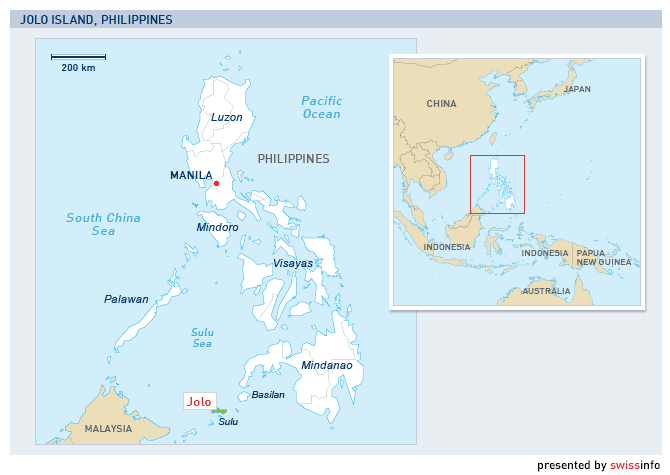

In compliance with the JTI standards
More: SWI swissinfo.ch certified by the Journalism Trust Initiative
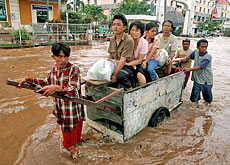
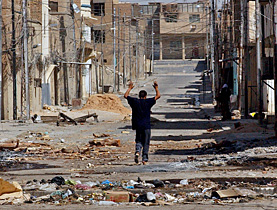
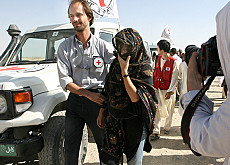
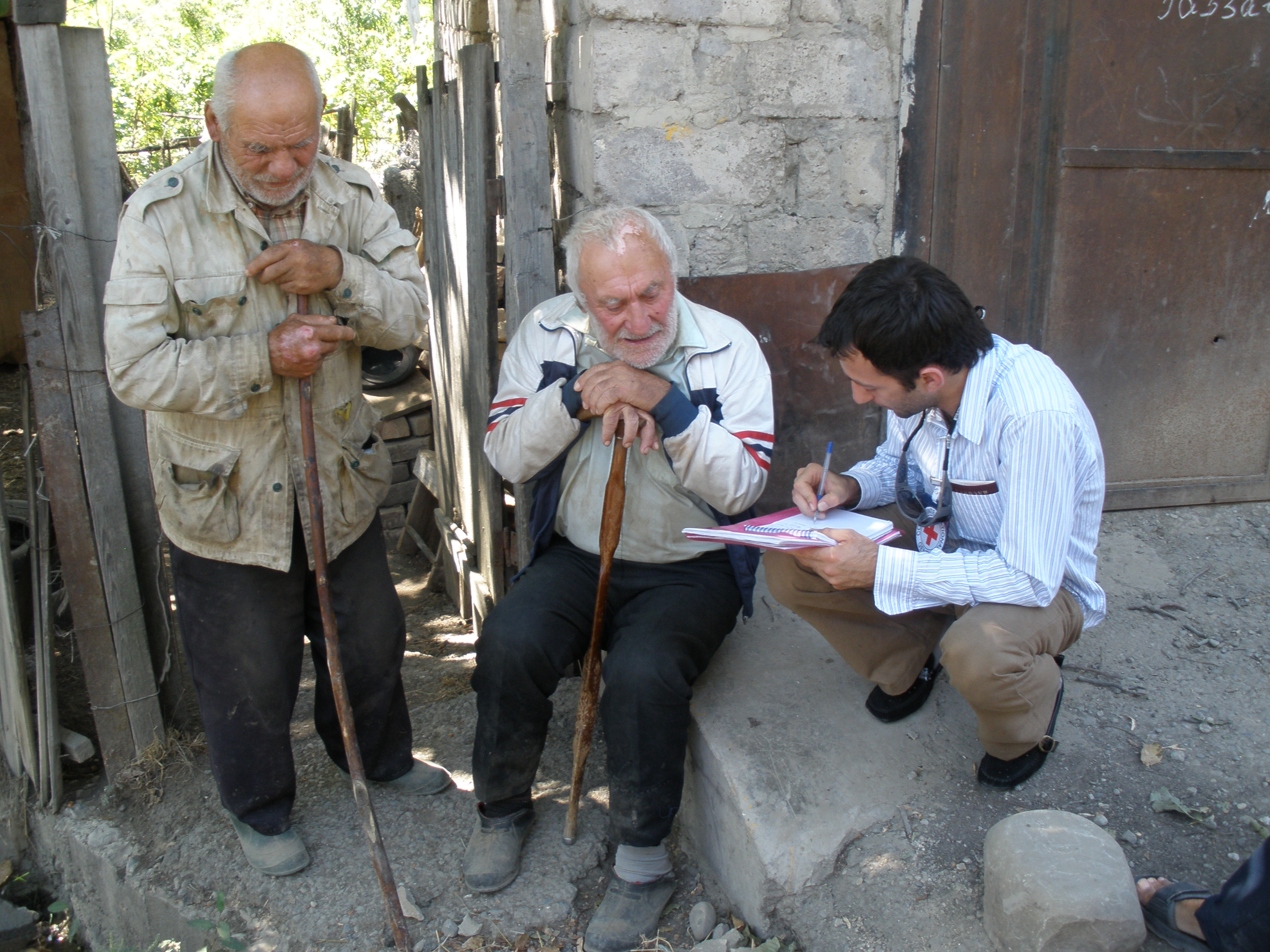
You can find an overview of ongoing debates with our journalists here. Please join us!
If you want to start a conversation about a topic raised in this article or want to report factual errors, email us at english@swissinfo.ch.